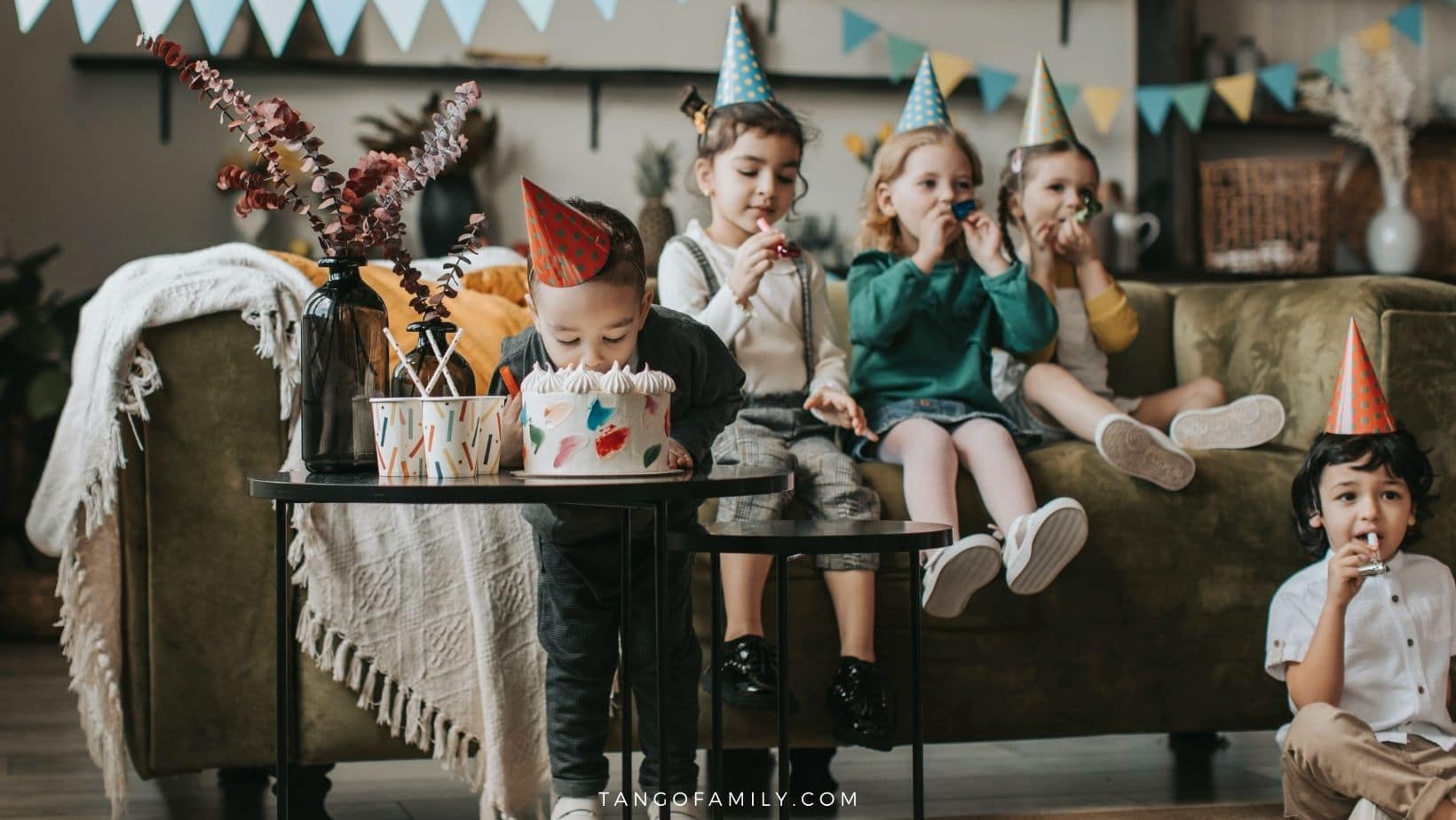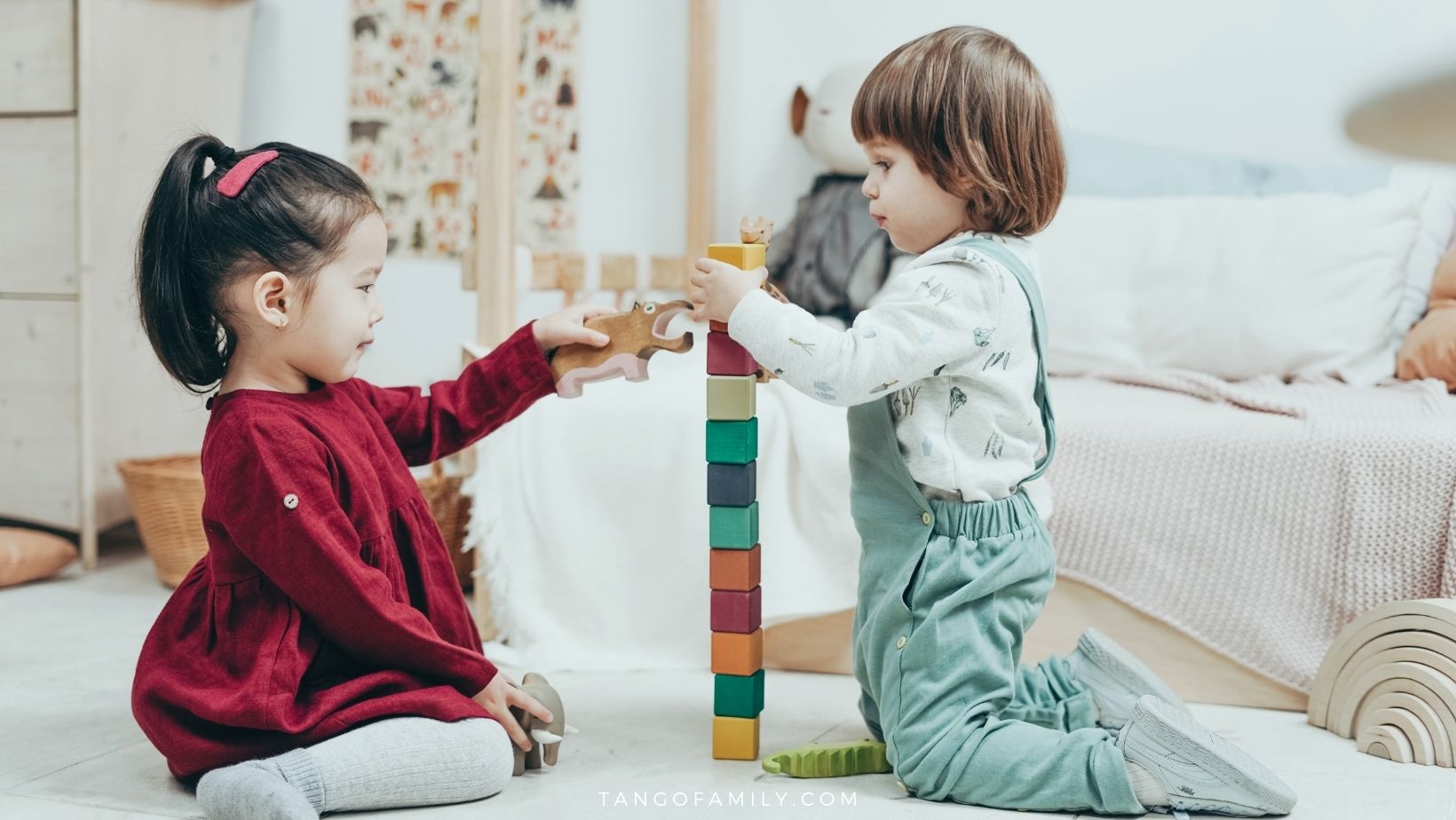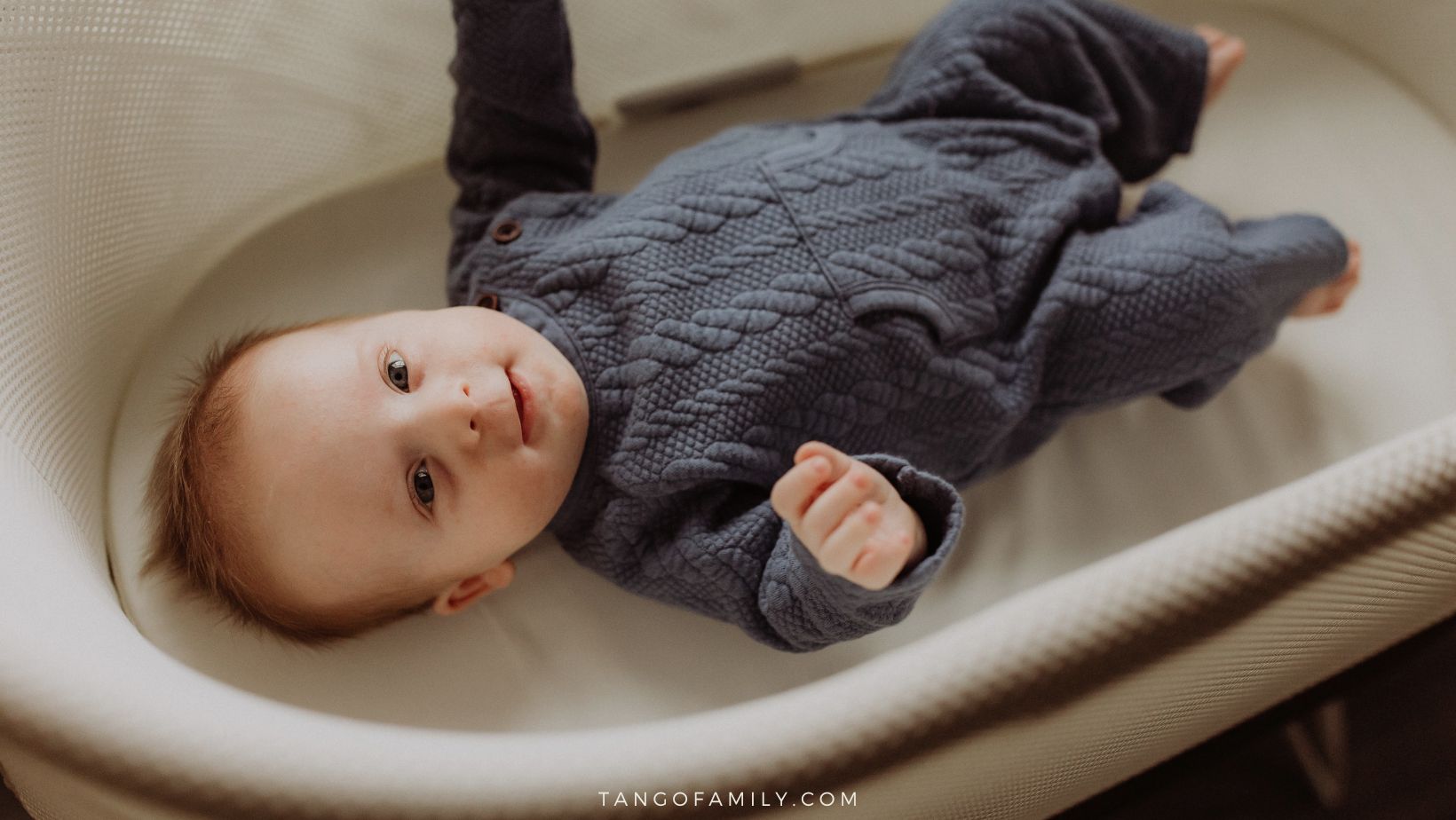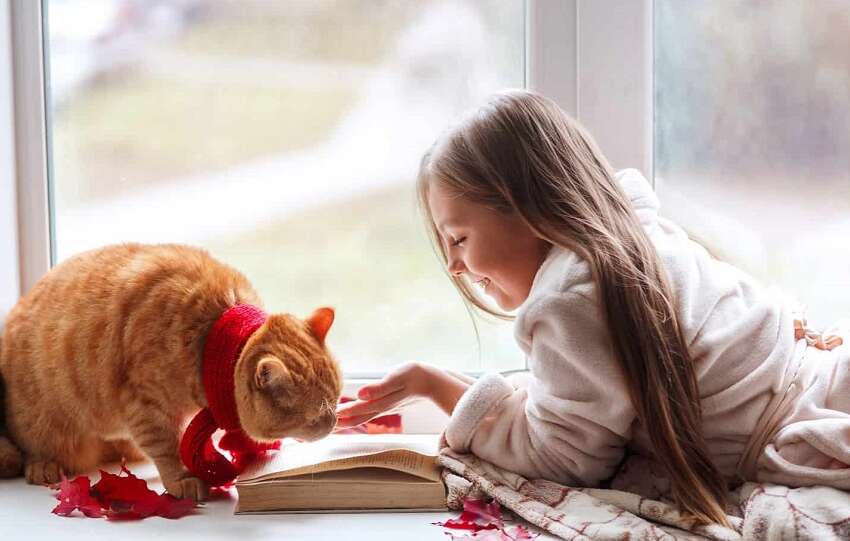The most beautiful relationship between parents & children sometimes badly disturbs the life cycle and routine of parents. It usually happens when they find it difficult to handle their grown-up child who unintentionally hurts their feelings. Have you communicated and resolved the issues with your child?
Unresolved issues make things frustrating and really difficult at times. It gets very upsetting when your grown child hurts your feelings. But don’t worry, we’ve got you!
Here’s how you can perfectly tackle the situation when your grown child hurts your feelings:
Try Not To React When Emotions Are High
As always said by the experts, to calm the nerves first and react further.
It would be a good example in such cases also when your grown child hurts your feelings, try not to take it personally and don’t react when emotions are high.
When you control your emotions, you won’t be able to say anything harsh that can be regretful later. Another good thing that can happen in such a situation is that you will have time to gather meaningful thoughts. And will later express them accordingly to your child.
Read: How to teach kids to have a Growth Mindset
Analyze The Scenario

Have you wondered why all of the communication with your child fail?
That’s when you don’t see the whole picture of the scenario from his view, your view, and others’ view!
Parents take it to their ego and never consider analyzing the situation from their child’s view. But it’s really crucial to see children’s perspective too; you being a parent, sometimes need to step back and approach their level to bridge the gap between each other.
Read: Why it is important to have empathy for kids?
Self-Talk & Self-Discuss Things
Do you agree with the fact that you don’t need to know every single detail regarding your adult child?
Well, It is True!
Tell yourself that it’s not important to know everything about your child; grown-up children take this thing seriously. They consider it frustrating to let their parents be involved in everything. It might be a bit harsh for you to know, but it’s actually right. Give your grown-up child space, and love him/her unconditionally.
Self-talk will make you realize the steps to let your child grow, learn out of the mistakes, and know his/her space.
Read: Why it is important to have empathy for kids?
Be Their Best Friend But Not A Restricted Parent
If you feel that your grown child is still hurting your emotions, be his/her friend. Tell your children that you are always there for them. No matter how worse the situation gets. And don’t only say; prove it by actions. Make them believe you are their well-wisher; you understand their insecurities, issues, and behaviors.
Ensure that you understand they’ve grown up now and have their own problems to tackle.
Your child won’t hurt your feeling again; instead, you’ll watch your child openly talk about things with you.
You Aren’t Always Right – When your grown child hurts your feelings

Don’t forget that being a parent you can be wrong; you are not always right!
Admitting the mistake does take a lot of courage and discussing that thing with your children with a piece apology will take nothing from you.
But rather, you will experience a stronger bond with less hurtful emotions.
Always Respond Calmly With Love
Grown-up children often misbehave and hurt their emotions when they find harsh responses from their parents. Treat them the way you want to be treated. Of course, with respect, love, and maturity. Be your child’s ideal, and set examples for their adult life.
If you don’t want them to hurt you, listen to their problems calmly and respond to them with love. Understand that they might have problems in their life that can’t be dealt with harsh or strict behavior.
Is It Okay To Seek Professional Help?
If you’ve tried everything but still feel bad when your grown-up child hurt your feelings, then it’s time to look for professional support.
You can approach a trustable therapist and talk safely about everything.
Having a place to express your emotions and genuinely looking for help will let you improve your self-talk and self-realization of many factors.
And eventually, you will be reasonably able to handle your grown-up child. Just put effort and belief into your therapy session and understand that, in the end, it is for the better future of you and your child’s relationship.
After a therapy session, practice:
- More quality communication
- Make them realize if they hurt you with words
- Focus more on their strengths
- Apologize when you are wrong
- Address your hurt immediately in an appropriate way
Do Remember That You’re A Model
Believe it or not, kids pick things from you intentionally or unintentionally. No matter how frustrating it sometimes gets but never shout at your grown-up child, and do remember that you’re a model for your children. Your child will act in the same way that you reacted when something bad or hurtful happened to you.
Do Carefully Express What You Feel
Take some time and think about the appropriate words you will be using while expressing your hurt. Use “I” often in sentences and use a low tone to make your child understand that their words have hurt your emotions.
Don’t use heartbreaking words with your child, and don’t overshare the emotions. Just deliver the point of how you feel!
Don’t Take Things To Heart
Indeed, words hurt no matter what age you reach. Words can make you feel bad and spoil your day, but try not to dwell on it. At times, children can say extremely hurtful statements without even realizing it. But try your best not to take things to heart and still try to make things right by communicating.
Final Thought
Because of the generation gap or many other factors, grown-up children think that their problems cannot be solved by their parents. They tend to misbehave and use harsh words unintentionally and hurt the feelings of their parents.
The above-mentioned strategies would really help you to handle your grown-up child. Try to be a good friend, and respond with love instead of reciprocating. Understand their emotions and express yours!





